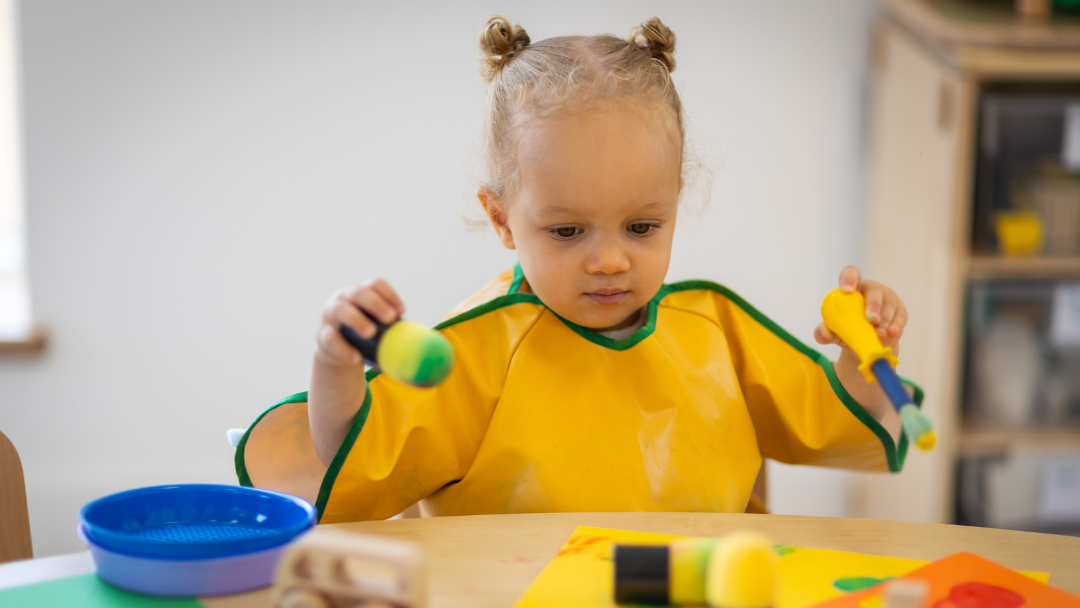Fennies graduate, Jen, offers some advice on potty training for parents and nurseries.
As a practitioner who has worked predominantly with toddlers, I have had many experiences supporting parents in what can be a challenging transition for them and their little ones. Within this article I want to share with you my tips that I have learnt over the years and all the advice I have personally shared with families that I have supported along this journey.
My first piece of advice is to only start introducing the potty when your child is ready and yourself as a parent.
So how do you know when they are ready?
Once you have identified that your child is showing signs to start potty training, allow yourself some time to prepare as well. Ask yourself, how am I going to first introduce the potty to them? Who else is around me to support with this? The term potty training can seem quite intimidating to some parents. I prefer the term ‘Transition from nappy to potty’ as this really is just another transition, we are supporting children, they tell us when they are ready, and we guide them through their journey.

It is understandable that this can be a challenging time for parents and can feel even harder when you are the only person working with your toddler. Reach out to those around you, let the nursery know that you are thinking about potty training, and we will work alongside you in supporting your child through this transition.
Communication is key, having thorough discussions with your nursery with how you are going to take on potty training at home so they can keep this consistent whilst your child is at nursery. The nursery will have had plenty of experiences supporting children with their potty transition so ask as many questions as you can. These are the people who will know your child almost just as well as you do so they will be able to provide you with tips and advice tailored to your child’s needs.
The following has been broken down into sections. We will be discussing tips for parents, suggestions for practitioners and advice from other practitioners.

Parents: Commonly Asked Questions…
1. What signs should I look out for that my child is ready?
- They become distressed when they have soiled their nappy.
- They are communicating with you when they have soiled their nappy. This could be by pointing to their nappy or saying to you “poo poo”.
- Your child finds an enclosed space during a bowel movement. Such as hiding under a table or backing up into a corner.
- They’re asking you to leave the room so they can be alone.
- Showing an interest in the potty/toilet by asking what it is or showing understanding as to what it is used for.
- Has more regular/predictable bowel movements. E.g., Only having a soiled nappy at home and not nursery.
- Physically able to travel to and from the potty independently and can pull their own trousers/underwear down.
- They will stay dry for 2 or more hours during the day.
It is also important to remember that your child will not necessarily be showing all these signs that they are ready and may have their own way of showing you that they are ready to start potty training.
2. How should I react when my child has had an accident and what language should I be using?
It isn’t uncommon to feel frustrated when your child is having multiple accidents, you may start doubting if you were sure that they were ready, but every child has a different transition journey.
My advice would be to keep a relaxed environment, don’t pressure your child into using the potty or yourself.
Some parents have set a goal for themselves. Maybe they are expecting their child to be fully potty trained for the next family holiday, but where possible I think it is best to not set yourself those expectations as this may lead to you feeling frustrated when your child has multiple accidents.
As much as you do not enjoy them having an accident it is most likely that your child is feeling the same so reassure them that it is ok, they shouldn’t feel bad for this happening. Keep calm; if your child sees you feeling frustrated, they will likely pick up on this emotion, which could result in them feeling anxious or pressured into using the potty. Be consistent in your responses if your child knows how you will likely react to them, they will feel more confident in communicating their needs with you.
3. Are other children having accidents, how come my child cannot use the potty yet?
Often parents compare their child to other families or even their own siblings, but all children are on their own journey and no parent should feel the pressure from comparing how other children have taken to the potty.
Every parent will have their own concerns when it comes to potty training however some of the most common struggles could be; worrying about your child having a bad smell when they have an accident, that they won’t tell anyone else when they need to go, or they will be too afraid to tell anyone that they have had an accident.
All these things are normal worries to have but with time your child will learn how to handle these situations independently. Communicate these concerns with your nursery and others around you, if others are aware they can make a conscious effort to keep an eye out for these concerns and work with you and your child.

Practitioners: Tips I’ve picked up along the way…
Communication is Key
Always remember communication is a priority for a smooth transition from nappy to potty. Encourage and demonstrate communication with your families. One way you can do this is by updating parents throughout the day with how their child is getting on using the potty whilst they are at nursery. At hand overs, ask the parent how they are getting on at home. Make the experience as engaging as possible for them! Sing a song whilst they are sitting on the potty or read their favourite book.
Be open minded
As comfortable as the child may be with you, some children may struggle to use the potty if you are too close to them or if you are looking at them, they may be more comfortable using the potty in a toilet cubicle with the door closed. Of course, safety and supervision is the priority so always ensure you can still observe them clearly but are keeping enough distance that they are comfortable.
If a family has approached you to discuss the beginning of the transition I would take this opportunity to begin introducing the potty to the child. One way you could do this is by reading stories about potty training during circle time.
I also encourage offering as much independence as possible for the child
This can be quite a challenging time for little ones and often they feel as though a part of their independence has been taken away from them. A Way you can do this is by asking them when they want to go to the potty; “would you like to go to the potty now or in 5 minutes?”. Another way you can promote independence is by allowing them to choose what clothes they want to wear. Maybe offer them two pairs of trousers they can choose from them.
Advice from our practitioners
“Routine is a huge piece of potty-training success. At the start we recommend a timer and ask the children if they need the potty. The key is consistency, be sure to use positive reinforcement, praise your child when they’ve used the potty or identify when they’ve needed to go.” – Vicky Wild, London Lane
“I recommend that parents go cold turkey. By allowing your child to feel the sensation of having an accident they will likely want to stop it from happening again meaning they will feel encouraged to use the potty in the future”. – Emma Wilson, Woodside
“I would suggest role play activities with dolls and toilets too, to make it a fun activity that can all engage in as potty training can be stressful so having opportunities to mimic it during play will lessen the fear for some children while still educating them in a safe space”- Biana Donald, Langley Park
“I believe it is important to understand how your child communicates with you in their own unique way, some children use different words to tell you when they need to go to the potty or use actions this could be by pointing to their bottom” – Abbey James, Oxted
Each Journey is Different
Every single child will have a different journey; some children pick it up quicker than others. A survey made for mums showed that 35% of parents believed that girls took to the potty more easily than boys and that 54% of parents of girls started potty training before the age of two compared with only 38% of parents of boys. However, children are unique and will all have their own personal transition journey from potty to toilet so try not to put pressure on yourself as a parent.
Erik Erikson’s theory of child development discusses creating the perfect balance between safety and autonomy in potty training. Your child needs to feel safe to feel independent.
FAQ
Subscribe to our newsletter
Stay up to date with Fennies news


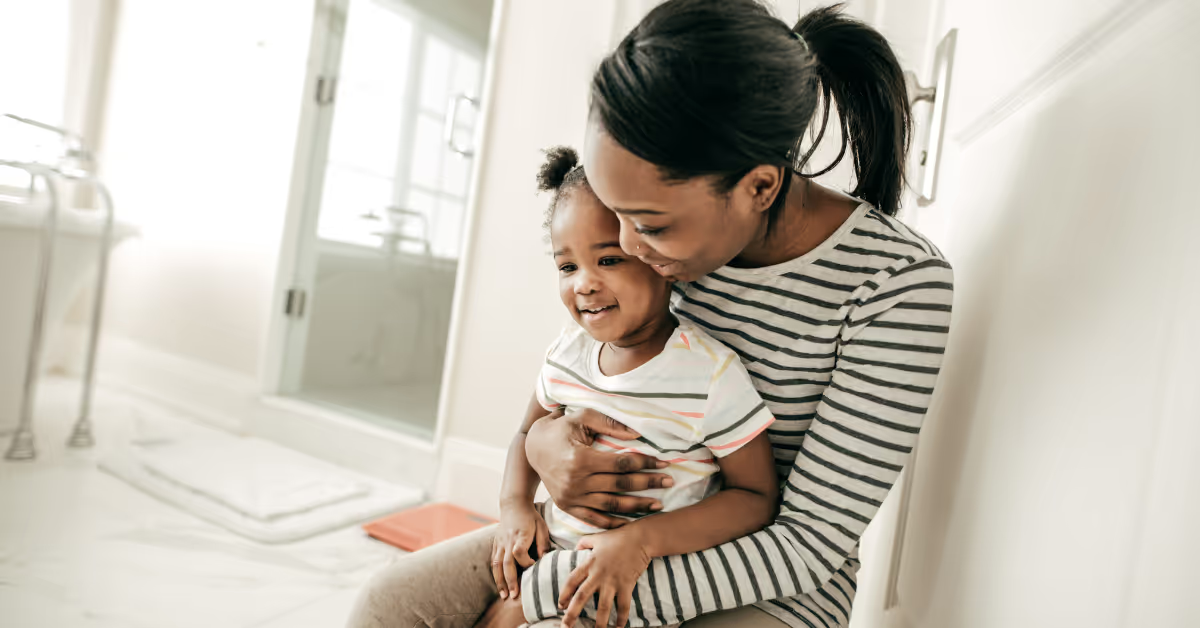
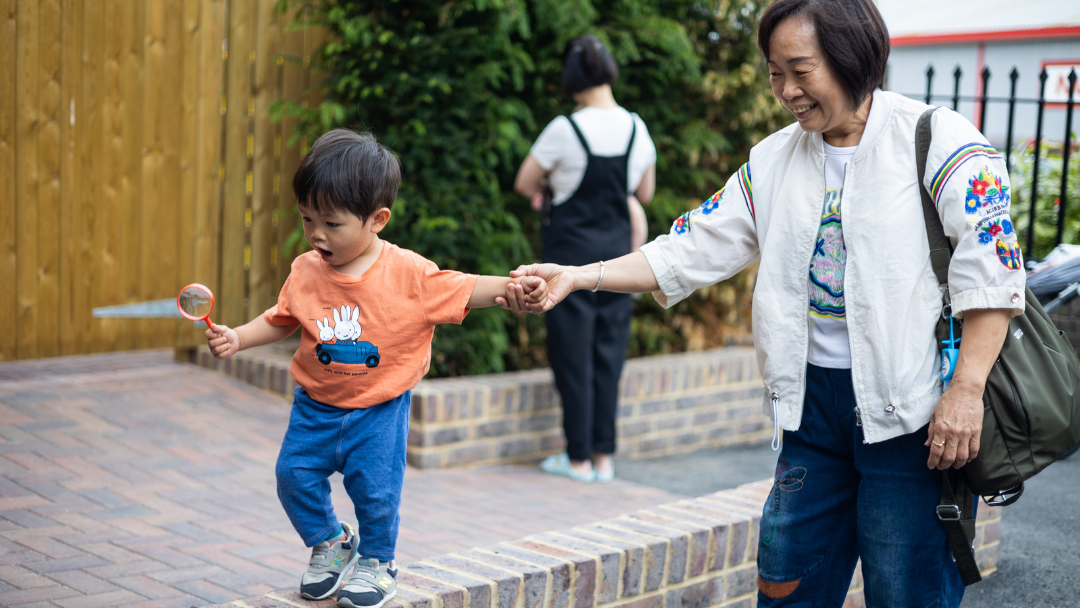

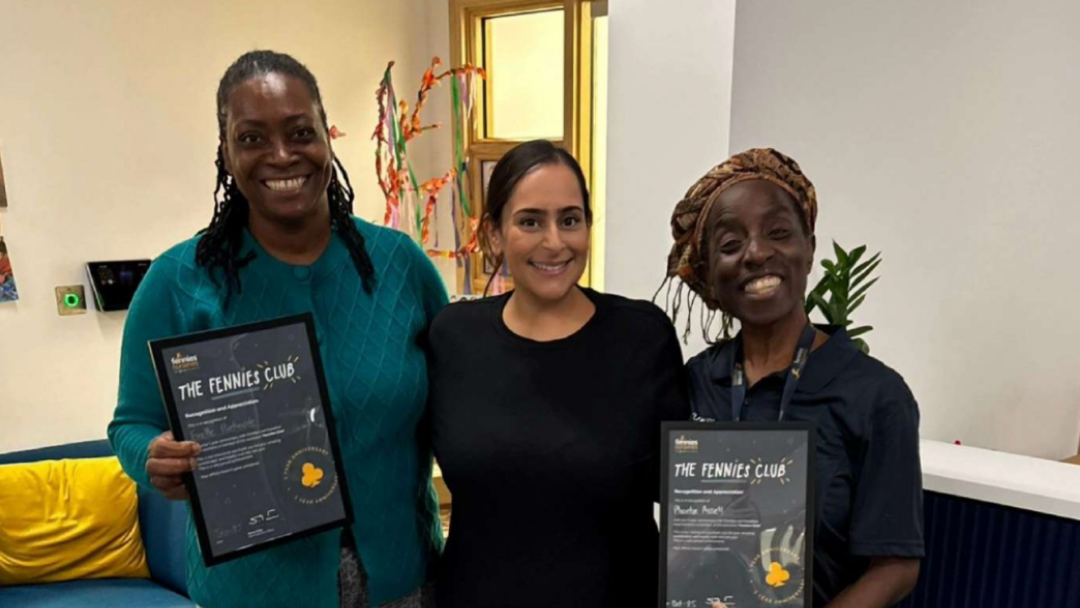
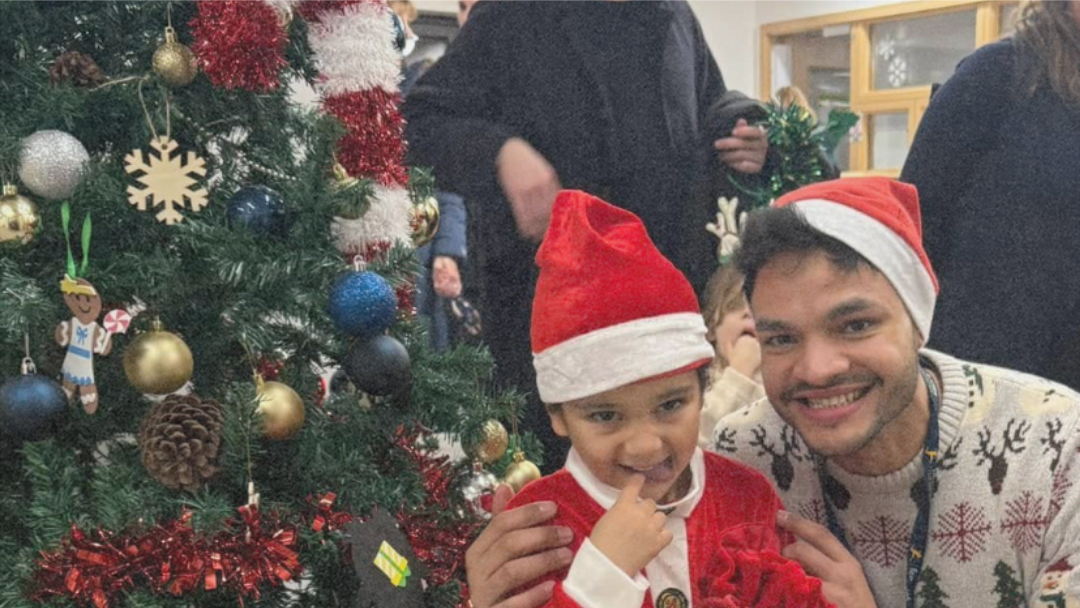
.png)
